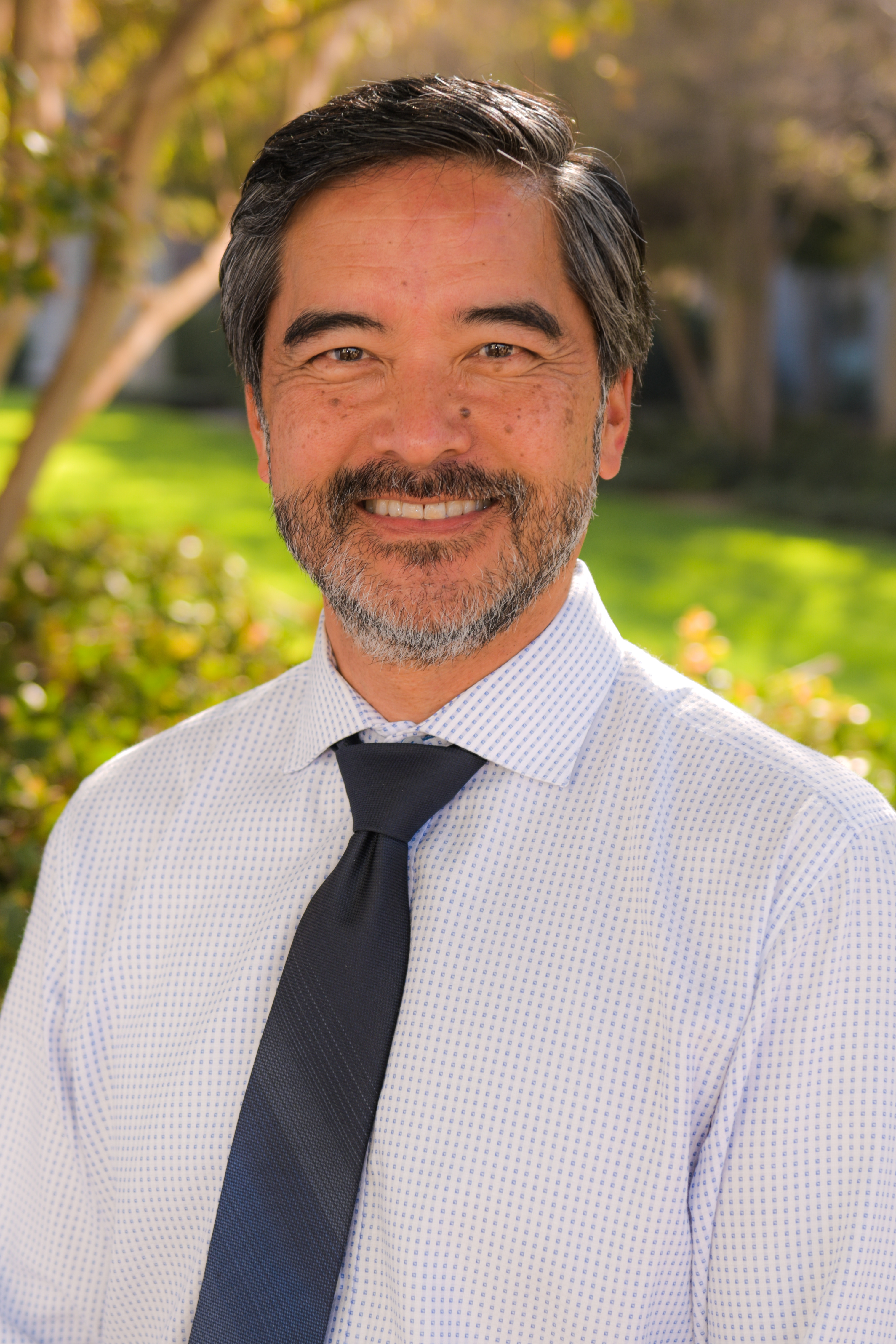Edwin S. Monuki, M.D., Ph.D.
Edwin S. Monuki, M.D., Ph.D.
Professor and Chair, Pathology & Lab Medicine
Biography
Dr. Monuki, a Southern California native, received his B.S. in Biology from the Massachusetts Institute of Technology in 1984, then earned his M.D. and Ph.D. degrees from the University of California San Diego in 1994. For his graduate studies, he worked on the development of myelinating glial cells with Greg Lemke at the Salk Institute. Dr. Monuki then moved to Boston for his residency training in Anatomic Pathology at the Massachusetts General Hospital, followed by a fellowship in Neuropathology at the Brigham & Women’s Hospital and Children’s Hospital. He then became a staff neuropathologist at the Brigham and Children’s Hospitals and Instructor in Pathology at the Harvard Medical School while carrying out his postdoctoral research with Chris Walsh at the Beth Israel Deaconess Medical Center. As a postdoc, Dr. Monuki used mouse genetics to study cerebral cortex development, and he continued these studies when he started as an Assistant Professor at UCI in 2001. Dr. Monuki is board-certified in Anatomic Pathology and Neuropathology, and is a staff neuropathologist at the UCI Medical Center. Now an Associate Professor, Dr. Monuki also currently serves as Vice-Chair for Research for the Department of Pathology and is a standing member of the NIH Neurogenesis and Cell Fate study section. In his spare time, he plays the piano, chases his kids, and roots for the Lakers.
Research in Lay Terms
The goals of the Monuki Laboratory are two-fold. The first goal is to understand how the brain develops. The second is use this understanding to make brain cells that might be useful for treating patients. One cell type of particular interest is the choroid plexus epithelial cell, which has significant untapped potential for treating neurodegenerative disorders such as Alzheimer’s Disease.
Research Focus
The Monuki Laboratory focuses on the basic mechanisms underlying dorsal forebrain development, particularly those involving the cerebral cortex and choroid plexus. These studies include the use of stem cell cultures to model dorsal forebrain development and to generate choroid plexus epithelial cells for potential clinical applications.
Research Details
The goals of the Monuki Laboratory are to understand how the dorsal forebrain develops and to apply this knowledge to inform human disorders and stem cell culture strategies with potential clinical impact. Two structures in the dorsal forebrain of particular interest are the cerebral cortex, the seat of our higher cognitive functions, and the choroid plexus, which produces the cerebrospinal fluid (CSF) that nourishes and protects the brain and spinal cord. To achieve our goals, my laboratory uses a variety of in vivo and in vitro approaches, including loss- and gain-of-function mouse genetics, gene delivery using mouse in utero electroporation, embryonic explant cultures, and dissociated cultures of mouse and human neural stem cells (NSCs). In addition, we use cultures of mouse and human embryonic stem (ES) cells to model dorsal forebrain development and to generate forebrain cells for potential clinical applications. One current project focuses on how a genetic network involving Bone morphogenetic proteins (BMPs), Fibroblast growth factors (FGFs), and the cortical selector gene Lhx2 regulate border formation in the forebrain and control the lineages of cortical stem cells. Another current project uses this same network to study choroid plexus epithelial cell (CPEC) development and to generate CPECs from mouse and human ES cells. CPECs have significant and untapped clinical potential, and our goal is to enable a CPEC-based regenerative medicine. These projects are supported and supplemented by ongoing collaborations with developmental biologists, developmental systems biologists, bioinformaticists, bioengineers, and evolutionary biologists on the UCI campus.
PubMed Link
http://www.ncbi.nlm.nih.gov/pubmed/23136431
Related Links

Email: emonuki@uci.edu
Phone: (949) 824-9604
Lab Admin: Ceci Caldwell
Lab Admin Email: curbina.s@uci.edu
Lab Admin Phone: (949) 824-9709
Department Affiliations:
Pathology and Laboratory Medicine, School of Medicine, Developmental and Cell Biology, School of Biological Sciences
Favorite book:
The Tipping Point: How Little Things Can Make a Big Difference – Malcolm Gladwell
Favorite Movie:
The Shawshank Redemption
Favorite Quote:
"If you ask big questions, you will get big answers." – Francis Crick